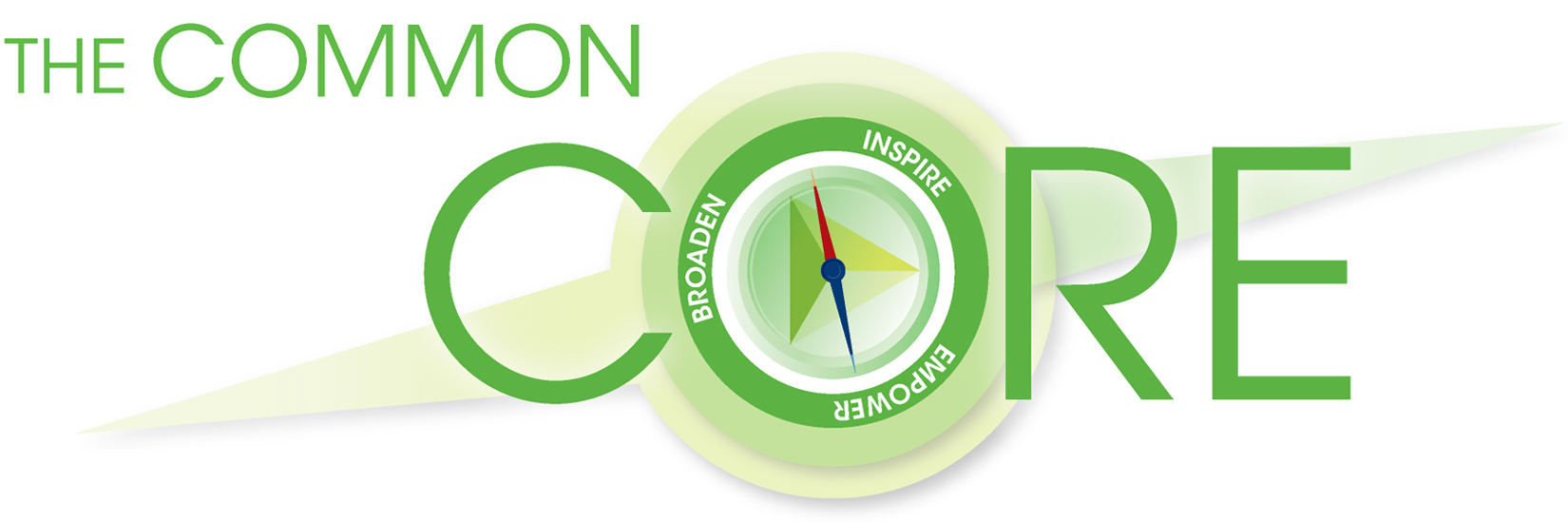| Criteria | Examples of Practices for Meeting the Criteria |
| Excellence in course design and teaching innovation | Course Design (including the development of a new course, or the refinement or re-development of an existing course) - Supporting the achievement of common core area intended learning outcomes (ILOs) through the development of clear course ILOs
- Taking into account the diverse background and abilities of students in course design
- Making reference to current research and the knowledge derived therein in the development of course materials, and successfully integrating them into the learning process
Challenging students to consider social, cultural, or philosophical issues Drawing on students’ life experience and making good connections between theories and applications to the real world
Teaching Innovation - Adopting non-conventional teaching pedagogy such as blended or experiential learning approach to inspire and motivate students to approach an unfamiliar discipline and arouse their interest in it
- Adopting and developing educational innovations to stimulate and support student learning
- Employing appropriate teaching and learning activities to address varied student needs
- Encouraging active and interactive learning inside or outside the classroom
|
| Delivery of an exemplary common core course | - Attaining the three goals of the Common Core Program: (a) Broadening horizons; (b) A passion for learning; and (c) A lifelong pursuit of excellence
- Facilitating students in the development of the University’s desired graduate attributes:
ABC LIVE - Providing an exemplary model, promoting good practices in the delivery of common core
- Monitoring the effectiveness of course delivery by using systematic evaluation methods such as SFQ course overall ratings, written comments, and ratings of common core questions regarding attainment of common core area ILOs and arousing students’ learning interest
|
| Innovative and/or diversified assessment of student learning | - Developing clear articulation between assessment and achievement of the learning outcomes
- Adopting an innovative assessment scheme to evaluate students’ performance in achieving the learning outcomes
- Using diversified assessment methods to monitor students’ learning processes
- Maintaining a good balance between group work and individual assignments
- Providing timely feedback to students for continuous improvement
|
